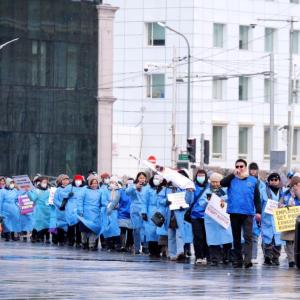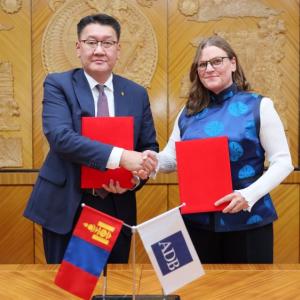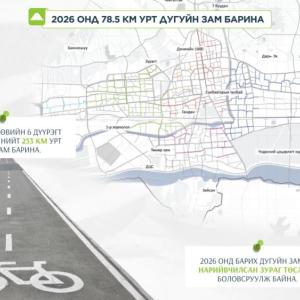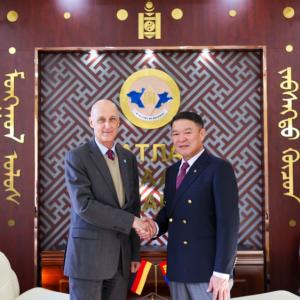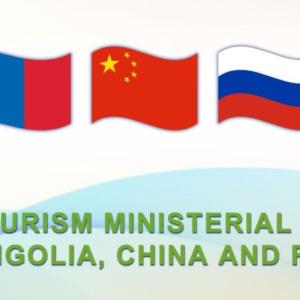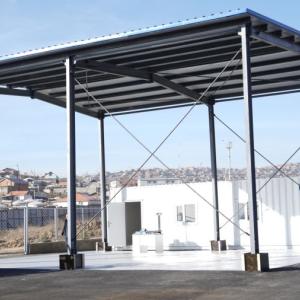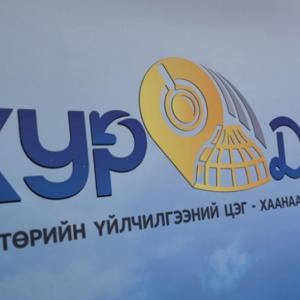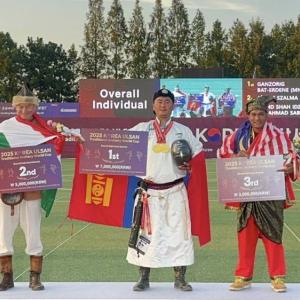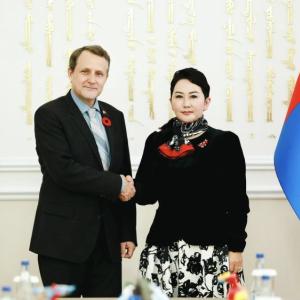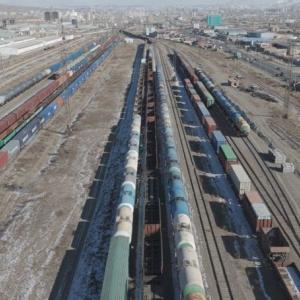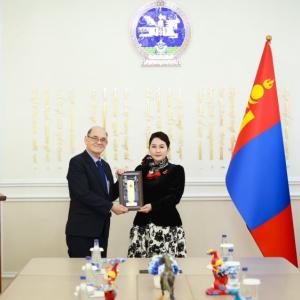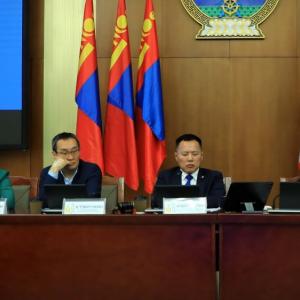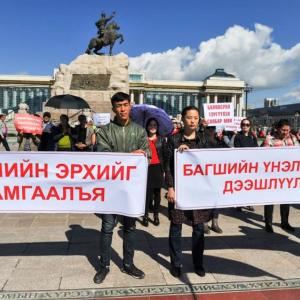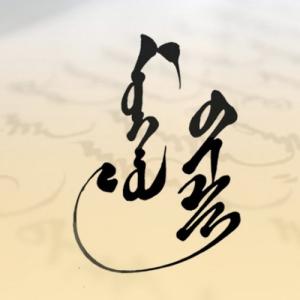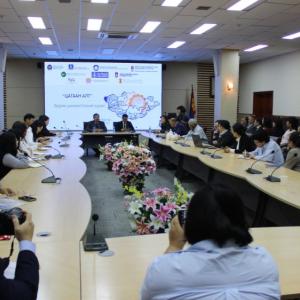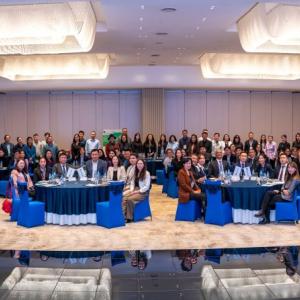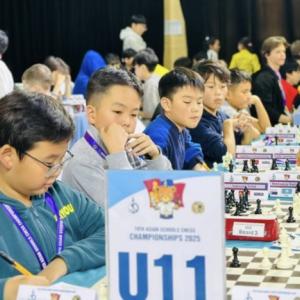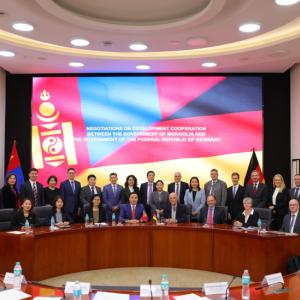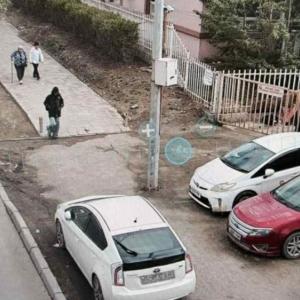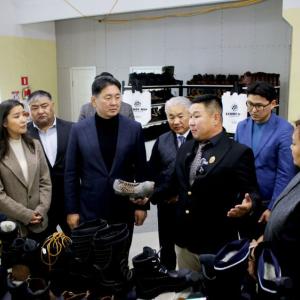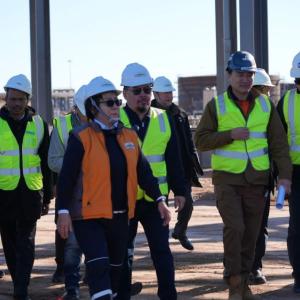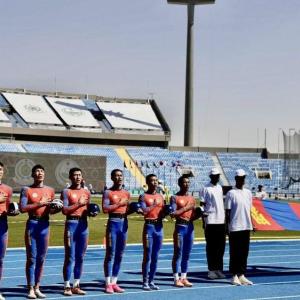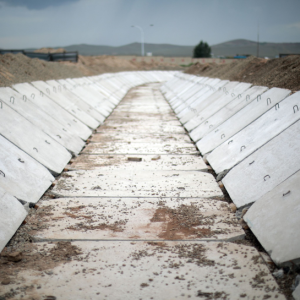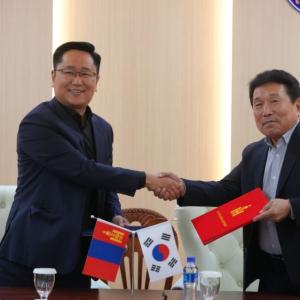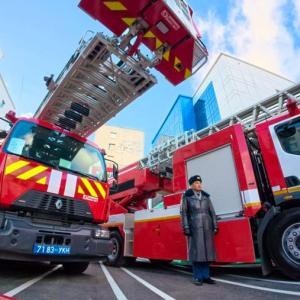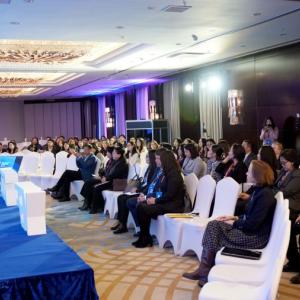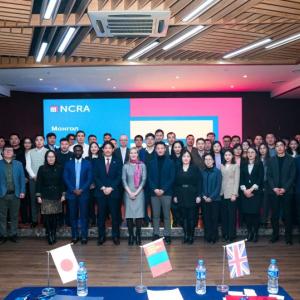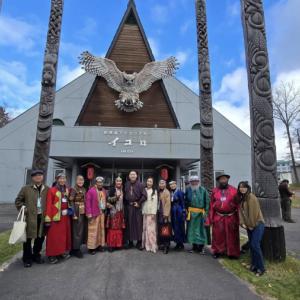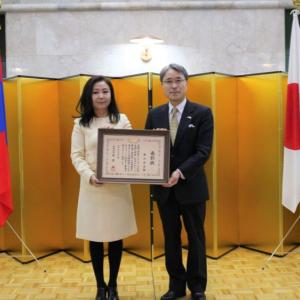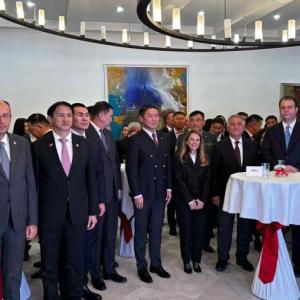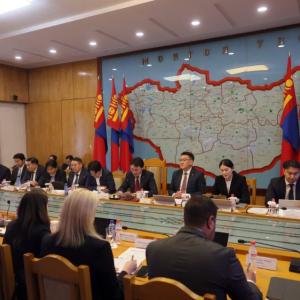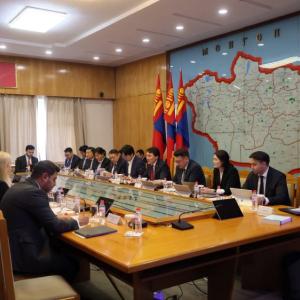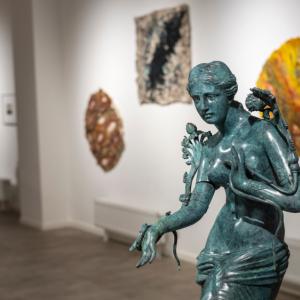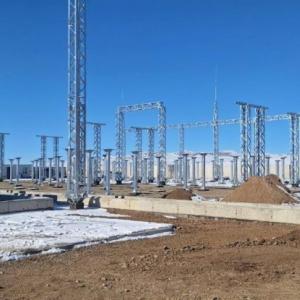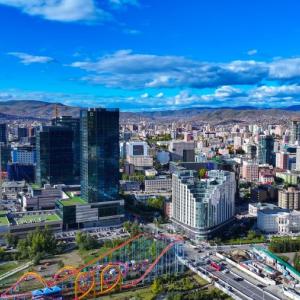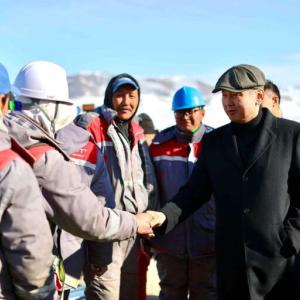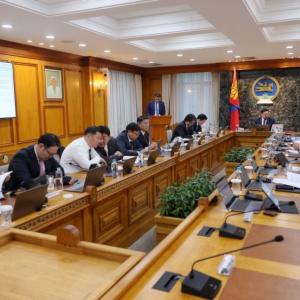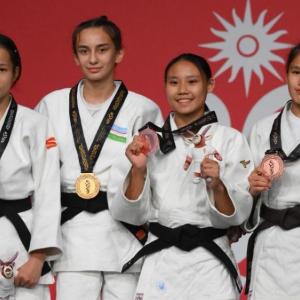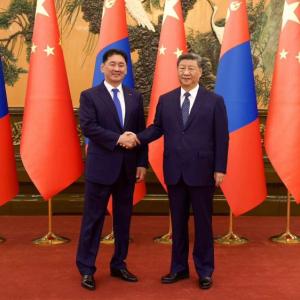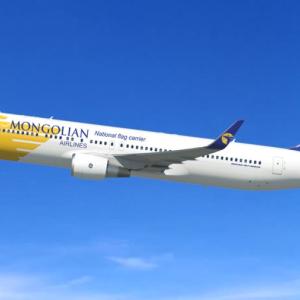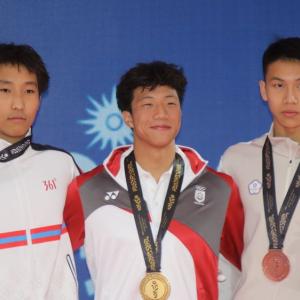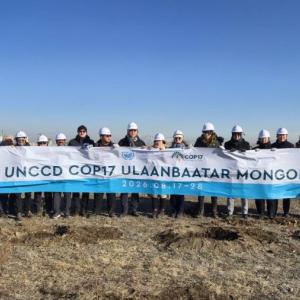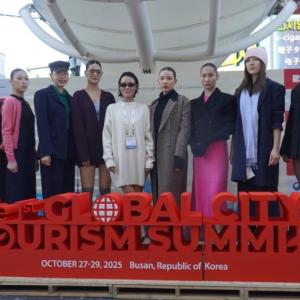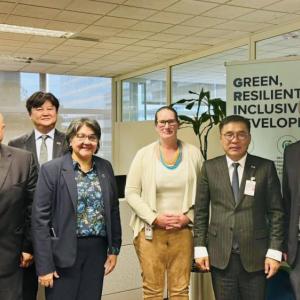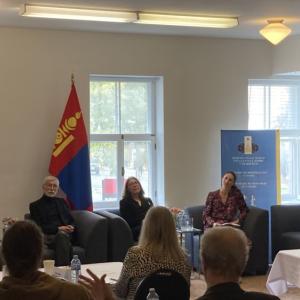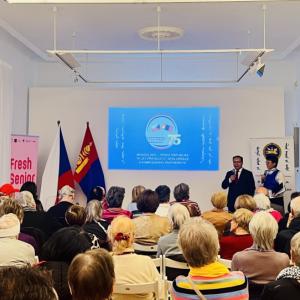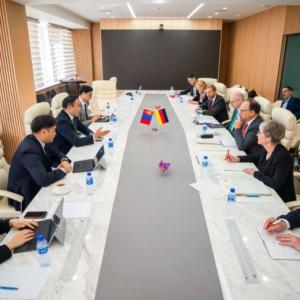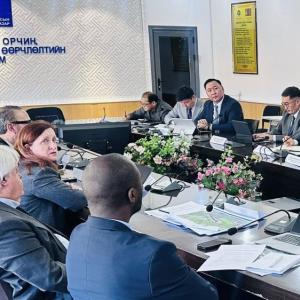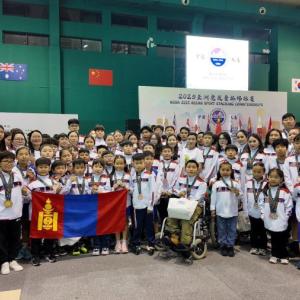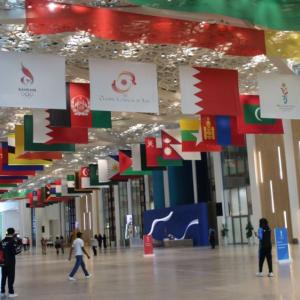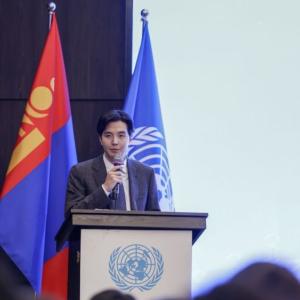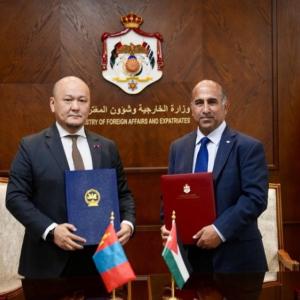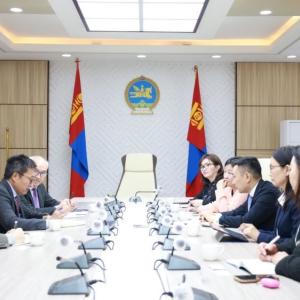Human Rights Council adopts Universal Periodic Review Outcome of Mongolia
Society
Ulaanbaatar /MONTSAME/. During its 46th regular session, the United Nations Human Rights Council adopted the Universal Periodic Review Outcome of Mongolia on March 16.
Enkhtaivan Dashnyam, Deputy Permanent Representative of Mongolia to the United Nations Office at Geneva, stated that out of 190 recommendations were received following the third national report on the human rights situation in the country and Mongolia had accepted 170 and noted 20.
The recommendations received were regarding the improvement of quality and accessibility of education, combatting gender-based and domestic violence, discrimination and human trafficking, protection of victims, reducing violations of human rights linked to environmental conflicts and verifying the legal status of human rights defenders.
Mr. Dashnyam was pleased to inform the Council that some of the recommendations had already been implemented and most of the supported recommendations were in the process of implementation or concurred with the broader policy objectives of the Government of Mongolia.
With regards to the 20 noted recommendations, some required further study and Mongolia would examine and give consideration to the recommendations, where feasible, at an appropriate time in the future. The Government of Mongolia was currently developing a plan of action on the implementation of the accepted recommendations.
Khunan Jargalsaikhan, Human Rights Commission of Mongolia, commended the Government's commitment with regards to the protection of human rights. At the same time, it was still concerned about the absence of an independent body to investigate instances of torture. Mr. Jargalsaikhan called on the Government to criminalize all forms of discrimination, and work towards the legal recognition and protection of same sex couples. The prohibition of the death penalty had been a significant step.
Speaking on the Universal Periodic Review Outcome of Mongolia were United Kingdom, United Nations Population Fund, Venezuela, Viet Nam, Botswana, China, Cuba, India, Iraq, Nepal, Pakistan, Russian Federation and Tunisia.
The following civil society organizations also took the floor on the Universal Periodic Review outcome of Mongolia: Federatie van Nederlandse Verenigingen tot Integratie Van Homoseksualiteit - COC Nederland, Asian Forum for Human Rights and Development, International Service for Human Rights, Amnesty International, and United Nations Watch.
Speakers welcomed the Mongolian Government's commitment to implement activities aimed at protecting the rights of lesbian, gay, bisexual, transgender and intersex individuals. Speakers also commended the Government's commitment to protecting the sexual and reproductive rights of women and girls. Combatting and preventing torture and promoting children's rights were two other areas in which Mongolia's progress was noted by speakers.
The promotion of economic development, reduction of poverty, raising the standard of living and strengthening the healthcare system should remain priority areas for the country. Some speakers said that regarding discrimination based on sexual orientation and gender identity, there was a lack of will to implement newly adopted laws and to influence societal attitudes and prejudice. Mongolia must also do more to protect human rights defenders.
In conclusion, the Deputy Permanent Representative of Mongolia to the UN Office at Geneva, said he was grateful that many member and observer States had welcomed Mongolia's progress and achievements. Mongolia recognized that there was still room for improvement. The Government would exert every effort to implement the recommendations that it had accepted and would give them full consideration in carrying out further legal reforms.
 Ulaanbaatar
Ulaanbaatar





